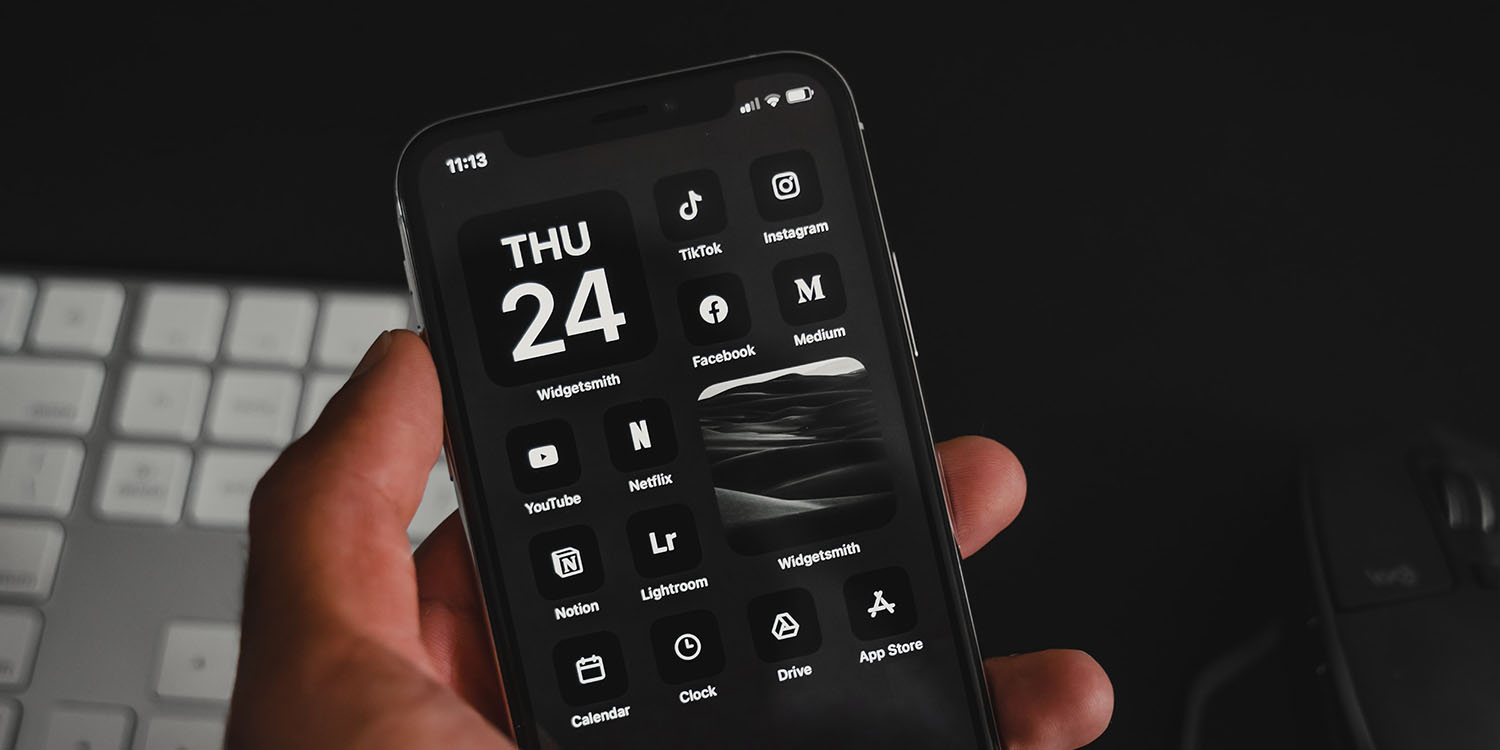
One of the many antitrust investigations into Apple seems set to mandate alternative app stores, and it was yesterday reported that the Cupertino company is making plans to bow to the inevitable.
While there will be the usual chorus about politicians interfering in the way that companies operate, this change will be a win for all Apple users, even if we have no plans to go anywhere near a third-party app store …
Background
There’s a widespread myth around antitrust laws – that they only apply to monopolies. This is very much not the case: They apply to any company large enough to have a dominant position (not the dominant position) in any market.
There is no doubt that Apple has a dominant position in the smartphone market, and that it currently fully controls the market for iPhone apps, as you can only buy them though the App Store. This means that a number of jurisdictions around the world are planning legislation to force Apple to open up the market for iPhone apps, either through allowing side-loading, or obliging Apple to allow alternative app stores. The European Union is planning to introduce the necessary legislation in 2024.
Apple has always argued strongly against this, suggesting that the App Store ensures that apps safe. The counter-arguments have been the sheer scale of scam apps found in the App Store, and the fact that Mac users have always been able to sideload apps without the machines turning into a haven for malware.
Bloomberg yesterday reported that Apple appears to have accepted it’s on the losing side of this one and is now actively preparing to allow alternative app stores, alongside loosening other restrictions which are also the subject of antitrust investigations.
Alternative apps stores would be a win for developers
It’s a win for developers, as it finally creates competition in the retail market for apps – and one way that third-party app stores are sure to compete is by taking a smaller cut than Apple. This means developers either get to keep more money from each sale, or can keep the same amount while offering the app at a lower price.
Additionally, if sideloading were permitted, developers would be able to allow users to install apps right from their own websites, exactly as is possible with Mac apps today. That would mean they don’t have to offer a cut to anyone, though they would of course have to pay their own hosting and bandwidth fees.
And also a win for consumers
Third-party app stores would also benefit consumers. First, there’s the possibility of lower prices for apps. Personally, I’m with the cynics here: I’d expect most developers to pocket the difference while keeping prices unchanged.
But if developers make more money, that means they can spend more time on their apps, so improvements are likely to be made at a faster rate.
Most of all, it will improve the Apple App Store
Most importantly, though, it creates competition in a market which has previously been a monopoly. The App Store isn’t as good as it could be, simply because it doesn’t have to be. Your current choices for buying an iPhone app are Apple’s App Store or Apple’s App Store.
App Store search, for example, is very badly broken. If a competitor came along and did nothing other than provide a decent search function, that would be enough for me to try it.
If Apple sees a significant number of users deserting its own store for alternatives, then it will want to win them back. And the way to do that is to make the official app store the best.
So for me, the single biggest benefit is that competition will force Apple to up its game when it comes to its own App Store. That’s something which benefits all of us, even those who wouldn’t even consider using a third-party store.
That’s my take – what about yours? Please share your thoughts in the comments.
Photo: Kevin Bhagat/Unsplash
FTC: We use income earning auto affiliate links. More.



Comments